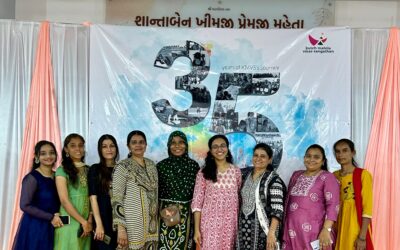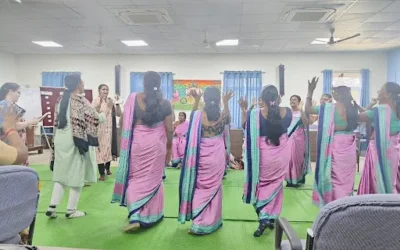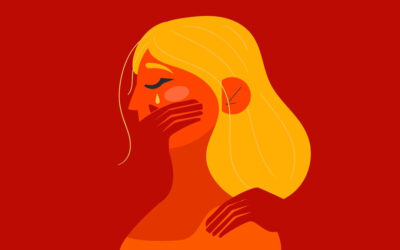‘Omelas’ is a fictional city described in the short story ‘The Ones Who Walk Away from Omelas‘ by Ursula K. Le Guin, a celebrated author, published in 1973. It presents a moral dilemma by exploring the idea of a society, where citizens are happy and prosperous. However, their happiness and prosperity comes from suffering and misery of a child. The story challenges the notion of a seemingly perfect society, suggesting that one cannot achieve true happiness at the expense of others’ suffering. It also raises questions about the morality of a society that condones such suffering for its own well-being. Along with the responsibility of individuals to stand up against injustice and oppression. Overall, ‘Omelas’ is a thought-provoking exploration of complexities and trade-offs inherent in the pursuit of a perfect society.
My first encounter with the word ‘Omelas’ was in 2017, in one of the music videos of BTS (A South Korean pop boy band). In the song video Spring Day, the word ‘Omelas’ is shown as the name of the hotel where BTS members are staying. I never went to understand the meaning and reason behind the word, until now when we read the short story as a part of India Fellow midpoint training.
During the discussion, I thought about how I use my utopian Omelas to temporarily escape from my present. And I do not feel guilty about it, at least for a short while. I believe that it is common among individuals to look away and find comfort from time to time. It is an important aspect of my life. However, the sense of guilt takes over eventually, making me conscious to walk out from it.
The people of Omelas are aware of the child’s suffering but choose to ignore it. Some of them, referred to as ‘the ones who walk away’, choose to leave the city, unable to justify the exploitation of the child for the benefit of others. The story raises important questions about individual morality and collective responsibility of people in a society. It challenges the readers to consider whether it is ever acceptable to sacrifice the well-being of a person for the greater good. And whether we need to feel obligated to speak out against injustice.
People often live in their own world, surrounded by their version of happiness and wealth, oblivious to the pain dwelling under the surface. It is critical to recognise our privilege and how we benefit from institutions that perpetuate inequity. I realise how I am constantly trying to balance out the benefits by fulfilling my responsibilities. It does become tiring and stressful. Hence, easy to let go.
For me, my utopian Omelas has been a constant encouragement to who I am today, and what I do. From my school days, Music is one thing that allows me to escape the reality. Being a fan of BTS music made me realize caring and loving oneself is okay as long as one is also thinking about others. One of their songs ‘Magic shop’ is my go-to track in any difficult situation.
My first reaction after reading the Omelas story was to walk out and never come back to this utopian society. But then I realised how the society we live in, is exactly like that. Nothing comes for free, no matter a temporary desire for an experience, an emotion, or any materialistic aspirations.
Walking in and out of my Omelas seems like a momentary escape, to be able to come back and do something about the sufferings of others. For each one of us, the Omelas might look drastically different and they have their own ways to face, avoid or just be in it. Merely acknowledging that there is suffering is the first step. Then it becomes our duty to take action. This might entail fighting against oppressive systems or standing up with individuals who are disadvantaged. However, it’s equally critical to look out for our own well-being. It’s critical to choose wisely and consciously, considering that our choices also affect other people and society as a whole.
The music and BTS songs offer temporary relief from my stress and struggles. I am aware of the importance of also developing coping strategies and support systems for long term. In the end, even while the idea of one’s utopian Omelas may offer a momentary reprieve from personal issues, it’s crucial to understand its limitations and put more effort into building resilience to deal with life’s challenges.




0 Comments